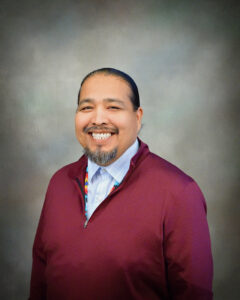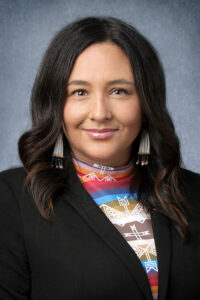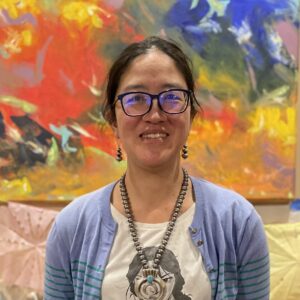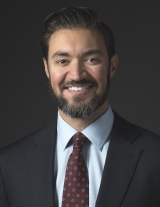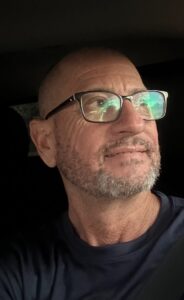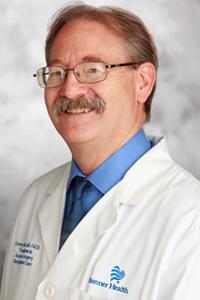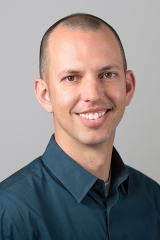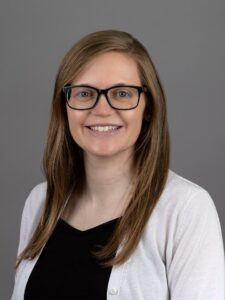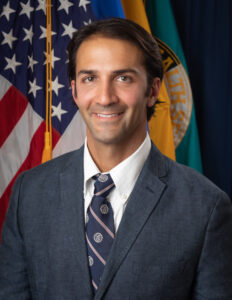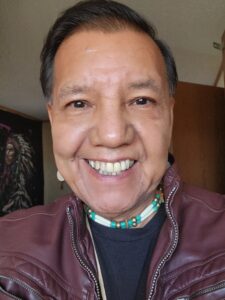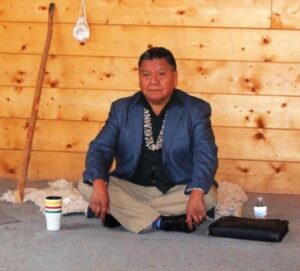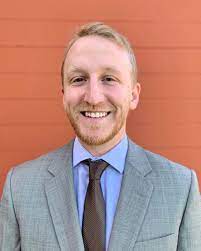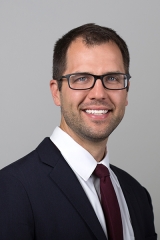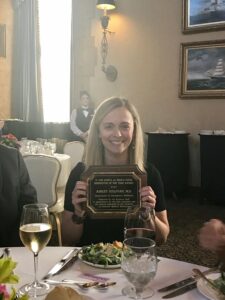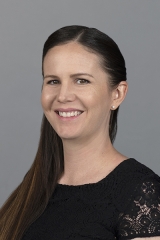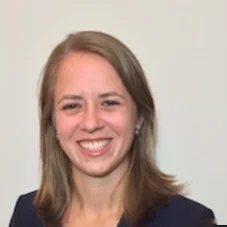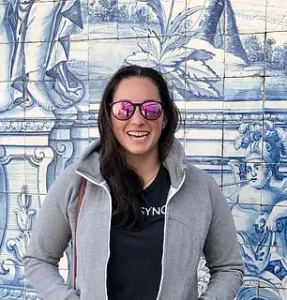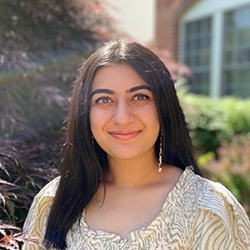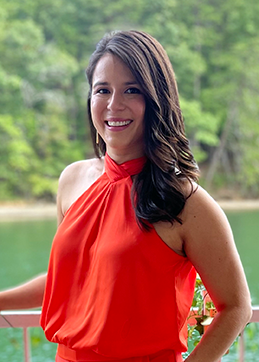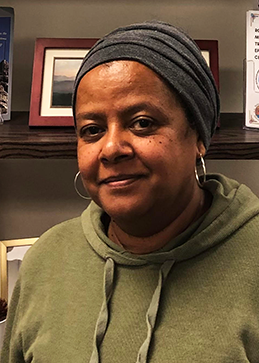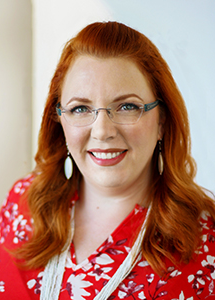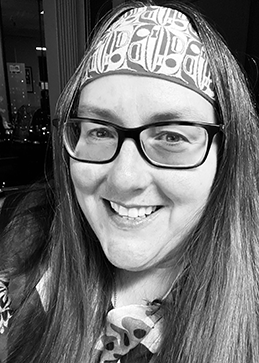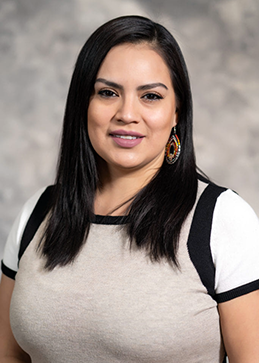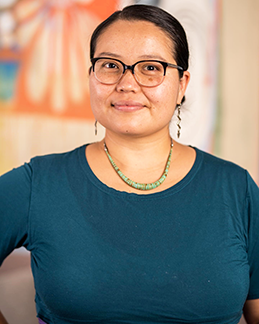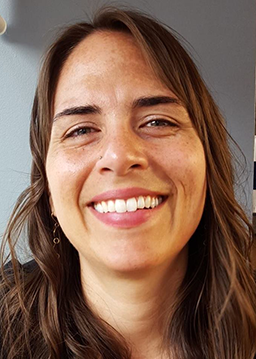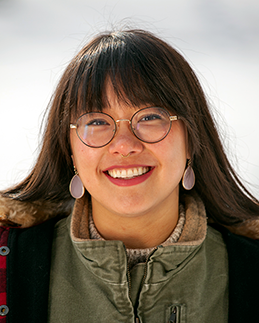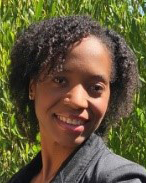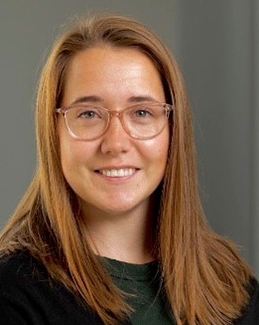Not Just for Substance Use

Source: Native Youth Sexual Health Network
“Your life is sacred, and you are beloved,” said Jessica Rienstra, a Case Manager for Indian Country ECHO. “Everyone who walks through the clinic doors should feel that way.” Jessica, a Registered Nurse, supports Indian Country ECHO Programs.
Prior to joining the Indian Country ECHO team, Jessica worked all over the world, including 5 years at a Lummi Tribal Health Center, where she helped develop successful harm reduction, syringe service, and HCV elimination programs.
According to Jessica, a key part of offering compassionate care, includes providing harm reduction services for patients. Harm reduction is a set of practical strategies and ideas aimed at reducing negative consequences associated with drug use. Harm Reduction is also a movement for social justice built on a belief in, and respect for, the rights of people who use drugs.
“Many people only think of harm reduction as reducing the risks associated with substance use” said Jessica, “but the truth is that harm reduction is a useful approach for offering patients tools and information to help them reduce risks in many other areas.”
Harm reduction incorporates a spectrum of strategies that includes safer use, managed use, abstinence, meeting people who use drugs “where they’re at,” and addressing conditions of use along with the use itself. Because harm reduction demands that interventions and policies designed to serve people who use drugs reflect specific individual and community needs, there is no universal definition of or formula for implementing harm reduction.
With the increasing rates of chlamydia, gonorrhea and syphilis (including congenital syphilis) across the United States – with a likely connection to drug use in many areas –there is an opportunity to operationalize the concept of “building interventions to serve people who use drugs.” Building sexually transmitted infection (STI) screening interventions for people who use drugs has to start with acknowledging the system they are trying to access.
Stigma toward Native people who inject drugs (PWIDs) was a barrier for accessing health services. In a recent study, Native PWIDs described feeling embarrassed and ashamed to go to healthcare facilities for access to basic healthcare services as well as to request treatments such as MAT. IPWIDs described perceptions that physicians, mental health providers, and other healthcare service providers “looked down” on them, gossiped about them, violated their patient confidentiality, and provided other nonverbal expressions reinforcing personal feelings of denigration. Such perceptions and experiences are barriers to accessing healthcare and treatment for people who use drugs. However, when sites develop harm reduction services/healthcare for people who use drugs, they are creating a space to build trust, relationships, and health.
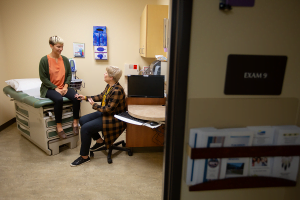
In a time of staggering STI rates being seen in American Indian and Alaska Native people and communities, building harm reduction services or enhancing existing services to include STI and HIV testing could go a long way to meet people who use drugs where they are at and provide much needed STI services to a population who is alienated from the healthcare system.
Harm reduction incorporates a spectrum of strategies that includes safer use, managed use, abstinence, meeting people who use drugs “where they’re at,” and addressing conditions of use along with the use itself. Because harm reduction demands that interventions and policies designed to serve people who use drugs reflect specific individual and community needs, there is no universal definition of or formula for implementing harm reduction.
To implement harm reduction to address STIs, Jessica recommends offering priority and rapid (when possible) STI screening (Hepatitis, HIV, gonorrhea, chlamydia, and syphilis) for people who use substances, alongside counseling using a harm reduction approach. What this looks like will be different for every community, but it should always be centered around needs of the individual.
If you are interested in learning more about this topic, sign-up for Indian Country ECHO’s free technical assistance and capacity building service to work with experts, like Jessica, who are committed to helping grow clinical capacity so every patient across Indian Country receives the care they deserve.
